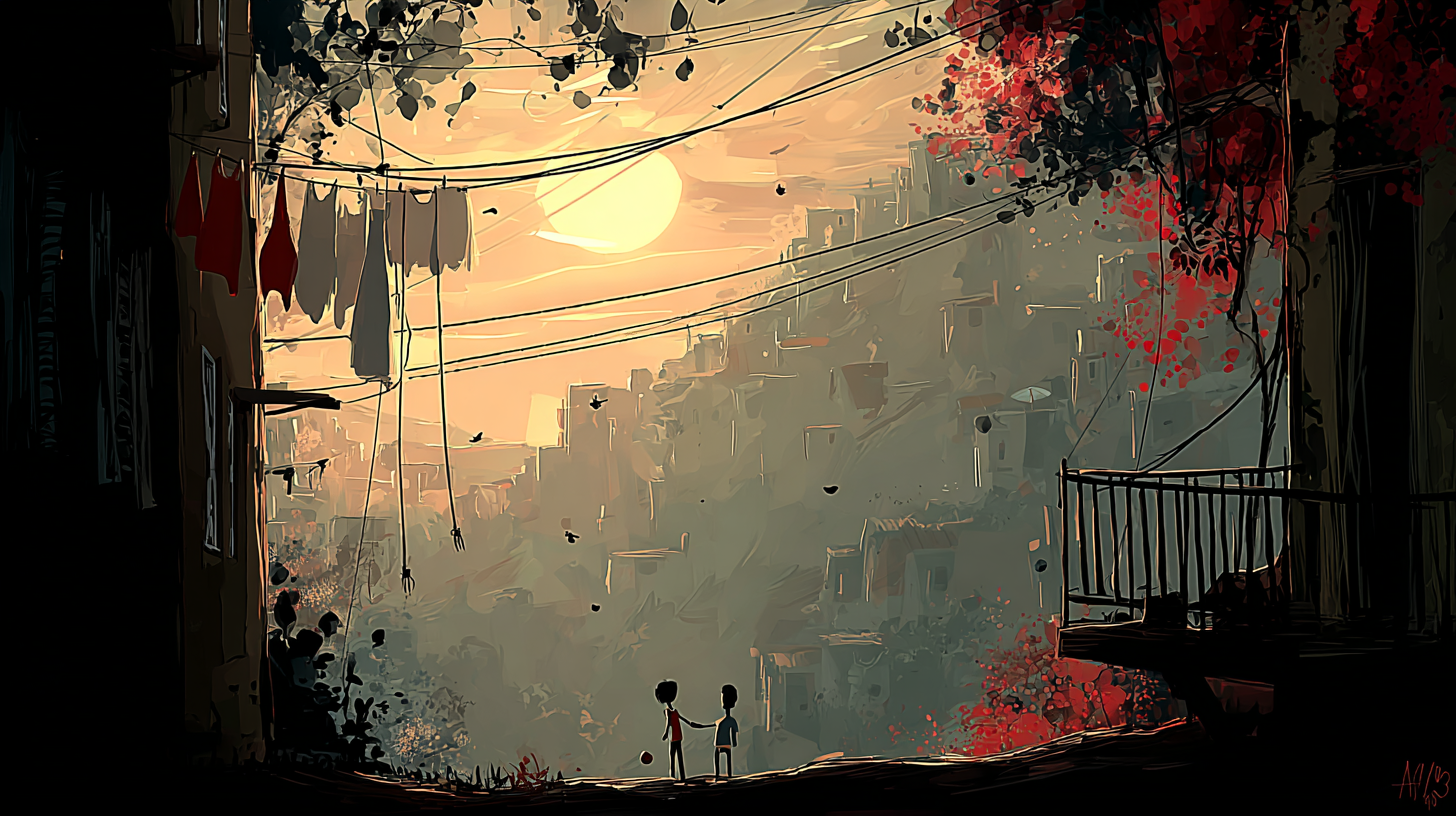The sun is the bright and hot star in the sky that gives us light and heat.
「sun」は「空にある明るくて熱い星」で、昼間を明るくし、暖かくするものです。
以下は英単語 “sun” に関するストーリー型学習コンテンツです。まずは大枠の意味を理解して最後の文章で確認しましょう。
主な意味(main meaning)
| 品詞 | 意味(簡潔) | 英語例文 | 発音記号(IPA) |
|---|---|---|---|
| 名詞 | 太陽 | The sun rises in the east. | /sʌn/ |
| 動詞 | 日光に当てる | I sun my clothes on the balcony. | /sʌn/ |
語源(etymology)
「sun」は古英語 sunne に由来し、ゲルマン語の sunnōn にさかのぼります。語源的に「光」や「輝き」のイメージが中心にあります。
類義語(synonyms)
| 類義語 | 例文 |
|---|---|
| sunlight | Sunlight came through the window. |
| sunshine | She loves walking in the sunshine. |
| daylight | The room was full of daylight. |
| star | The sun is actually a star. |
反義語(antonyms)
| 反義語 | 例文 |
|---|---|
| moon | The moon was bright last night. |
| darkness | We waited in darkness for the sun to rise. |
コロケーション(collocations)
| コロケーション | 例文 |
|---|---|
| the rising sun | The rising sun painted the sky orange. |
| hot sun | Don’t stay too long under the hot sun. |
| sun shines | The sun shines brightly today. |
| sun sets | The sun sets at 6 p.m. in winter. |
| enjoy the sun | Let’s go to the beach and enjoy the sun. |
2項表現(binomials)
| 2項表現 | 例文 |
|---|---|
| sun and moon | The sun and moon are both in the sky. |
| light and heat | The sun gives us both light and heat. |
英語ストーリー(english story)
Title: A Morning to Remember
Miki started her day early. The sun was already rising, and the sunlight came through her window. She smiled and stretched her arms. “It’s a perfect day,” she thought.
She stepped onto the balcony to sun her clothes. The sunshine felt warm on her face. In the distance, the moon was still faintly visible, slowly fading into the daylight.
Miki’s younger brother Ken joined her. “The sun and moon are in the sky at the same time,” he said with wonder. “Yes,” Miki replied. “The rising sun always looks beautiful.”
After breakfast, they went outside to play. “Don’t stay too long under the hot sun,” their mother warned. They wore hats and drank lots of water.
As they played, Ken asked, “Is the sun a planet?” Miki answered, “No, it’s a star. It gives us light and heat. That’s why we can live on Earth.”
When the sun set that evening, the sky turned red. Miki looked up and smiled. “I really enjoy the sun. It makes every day feel special.”
和訳
タイトル:忘れられない朝
ミキは早起きした。*太陽(sun)*はすでに昇っていて、*日光(sunlight)*が窓から差し込んでいた。彼女は微笑んで腕を伸ばした。「完璧な日だわ」と思った。
彼女はベランダに出て服を日光に当てた(sun)。*日差し(sunshine)*が顔に温かかった。遠くでは、*月(moon)がまだかすかに見え、ゆっくりと昼の光(daylight)*に消えていった。
ミキの弟ケンもやってきた。「*太陽と月(sun and moon)*が一緒に空にあるよ」と彼は不思議そうに言った。「そうね」とミキ。「*昇る太陽(rising sun)*はいつもきれいだね」
朝食の後、二人は外に遊びに行った。「*暑い太陽の下(hot sun)*に長くいちゃだめよ」とお母さんが言った。彼らは帽子をかぶり、水をたくさん飲んだ。
遊んでいると、ケンが聞いた。「太陽って惑星なの?」ミキは答えた。「ちがうよ、*星(star)だよ。太陽は私たちに光と熱(light and heat)*をくれるから、地球で生きられるんだよ」
その夕方、太陽が沈み(sun set)、空が赤く染まった。ミキは空を見上げて微笑んだ。「私は本当に太陽を楽しんでる(enjoy the sun)。毎日が特別に感じるの」
Q&A
- Qsunとsunlightの違いは何ですか?
- A
sunは「太陽」そのものを意味し、sunlightは「太陽の光」を指します。sunは名詞として主に物体を、sunlightはそこから出る光を表します。
- Qsunshineとsunlightはどう違いますか?
- A
どちらも「太陽の光」ですが、sunshineは感情的で詩的な響きがあり、「気持ちのよい日差し」というニュアンスがあります。sunlightはより客観的です。
- Qsun and moonはどういう意味で使われますか?
- A
「太陽と月」という意味で、自然を表す定番の組み合わせです。詩的な文や会話でよく見られます。
- Qlight and heatの意味は何ですか?
- A
「光と熱」という意味で、太陽が地球に与えてくれる重要なエネルギーの2つです。生命にとって欠かせない存在です。



コメント